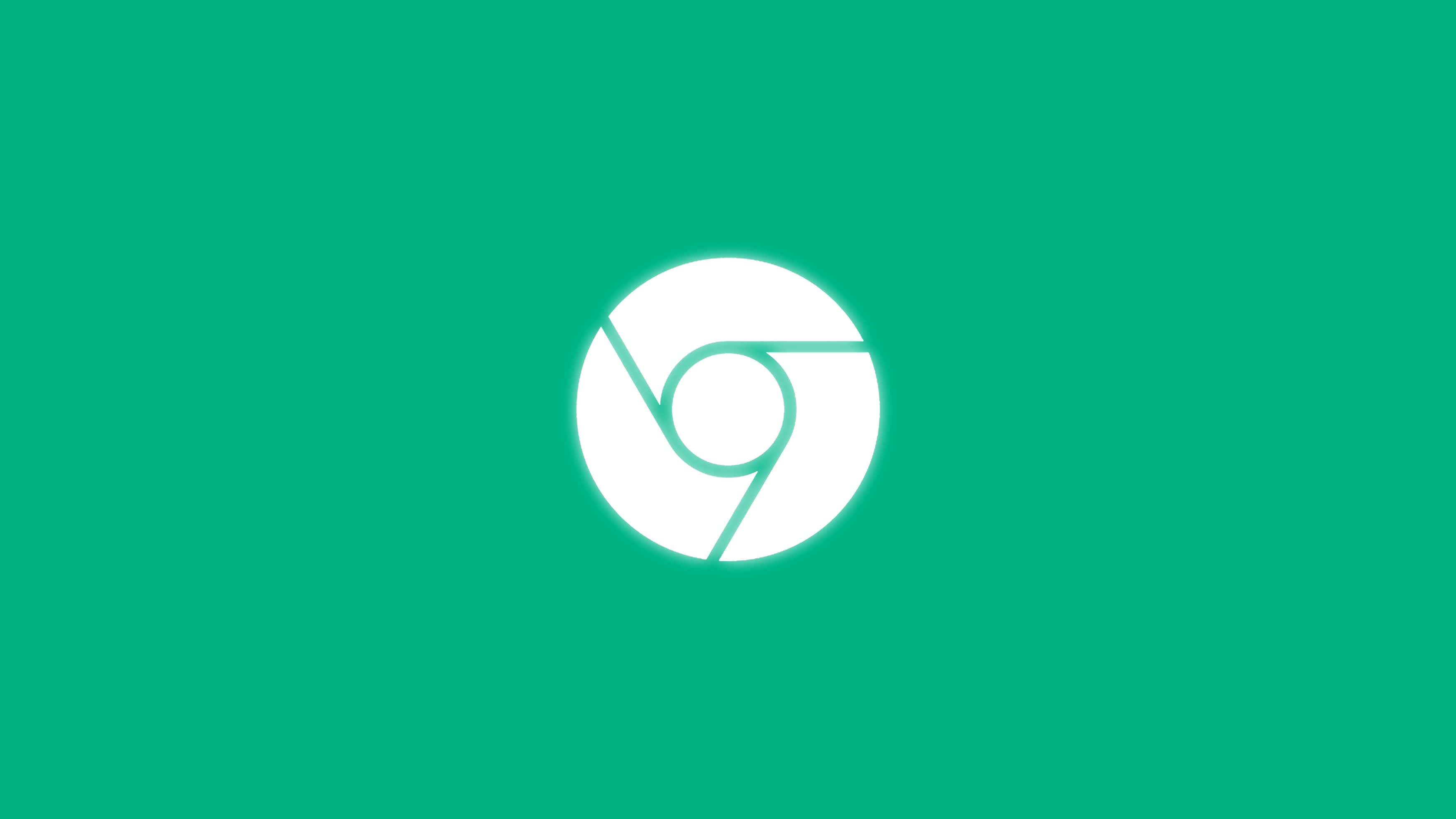Editor’s take: Authorities in the US have officially labeled Google an unlawful online monopoly. As a judge prepares to decide how to dismantle Alphabet’s empire, the company continues to resist efforts to loosen its hold on key software assets, including its flagship browser, Chrome.
Many companies would like the opportunity to buy Chrome, but Google claims no other firm could operate the web browser with the same level of features users currently enjoy. Chrome General Manager Parisa Tabriz says Chrome and Google have too many “interdependencies.” She argues that dismantling the current structure would harm the greater good of online users.
Tabriz testified before Judge Amit Mehta in the ongoing case brought by the US Department of Justice against Google’s online monopoly. Mountain View plans to overhaul its business and corporate structure, potentially being forced to sell Chrome or share its online search data with third-party vendors. Tabriz argued that Chrome is the product of 17 years of collaboration between the browser’s team and the entire Google enterprise. She believes that no one could replicate its integration as well anytime soon.
Bloomberg cited Tabriz, stating that some of the browser’s most outstanding features, such as safe browsing mode and notifications for compromised passwords, rely on the company’s shared infrastructure. Tabriz emphasized that no one could replicate these features and noted that attempting to untangle the system would be unprecedented.

Chrome is by far the most popular web browser on the planet. The proprietary software uses the Chromium engine, an open-source project created by Google in 2008. While third-party browser makers like Microsoft Edge, Opera, and Samsung widely support Chromium, it lacks Chrome’s proprietary features such as automatic updates, Widevine DRM support, data syncing, and media codecs.
Tabriz testified that Google invested hundreds of millions of dollars into Chromium, with around 1,000 engineers working on the project. More than 90 percent of Chromium’s code comes from Google, and the company wants to ensure the codebase remains well-maintained. Tabriz dismissed contributions from other companies to Chromium as insignificant.
Google management is understandably opposing any attempt to separate Chrome from the company’s other businesses, but people are already investigating the issue. Justice Department expert witness James Mickens testified that removing Chrome from Google’s control is technically feasible. He added that transferring ownership of the browser to another company wouldn’t cause significant disruption.
Source link